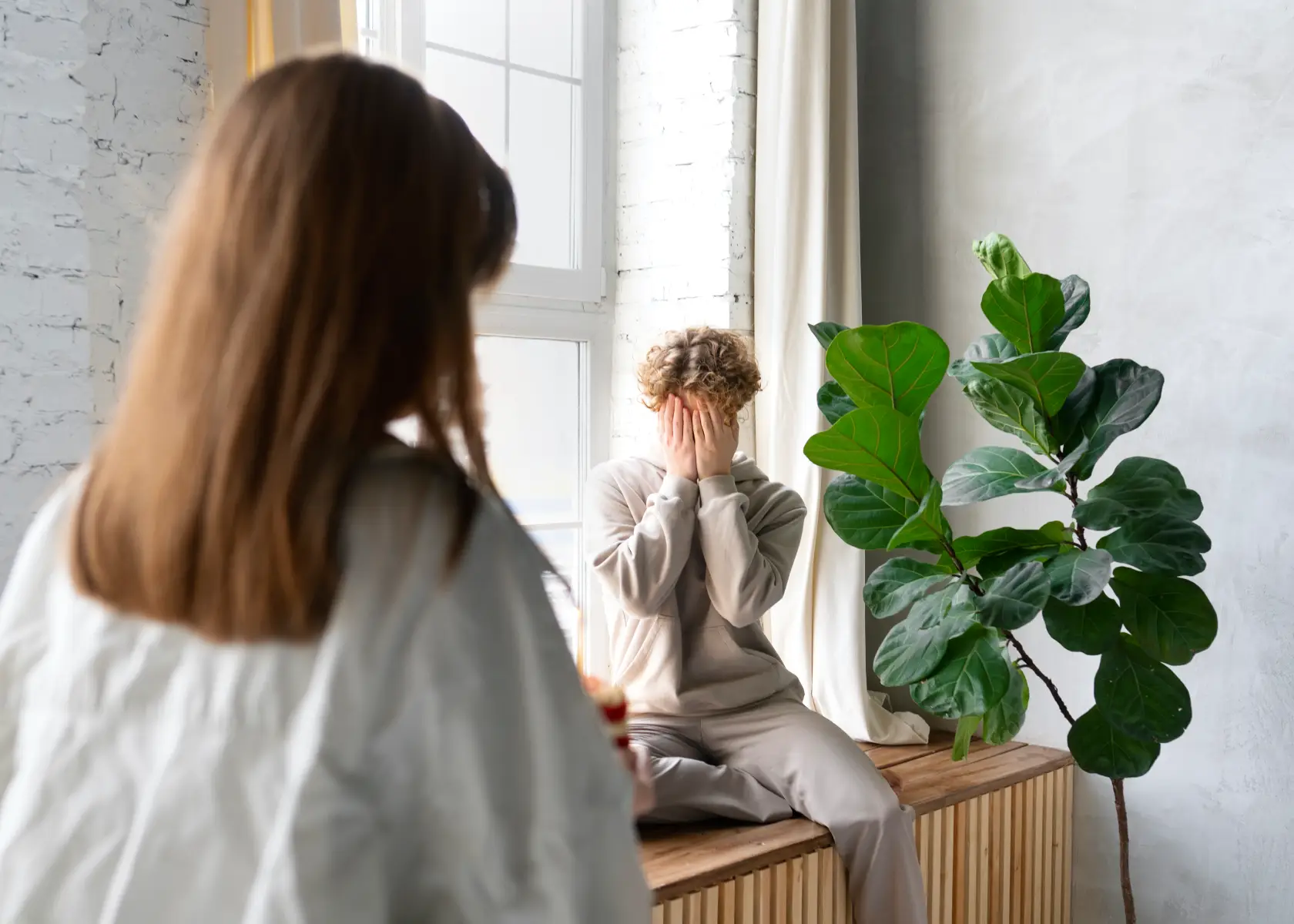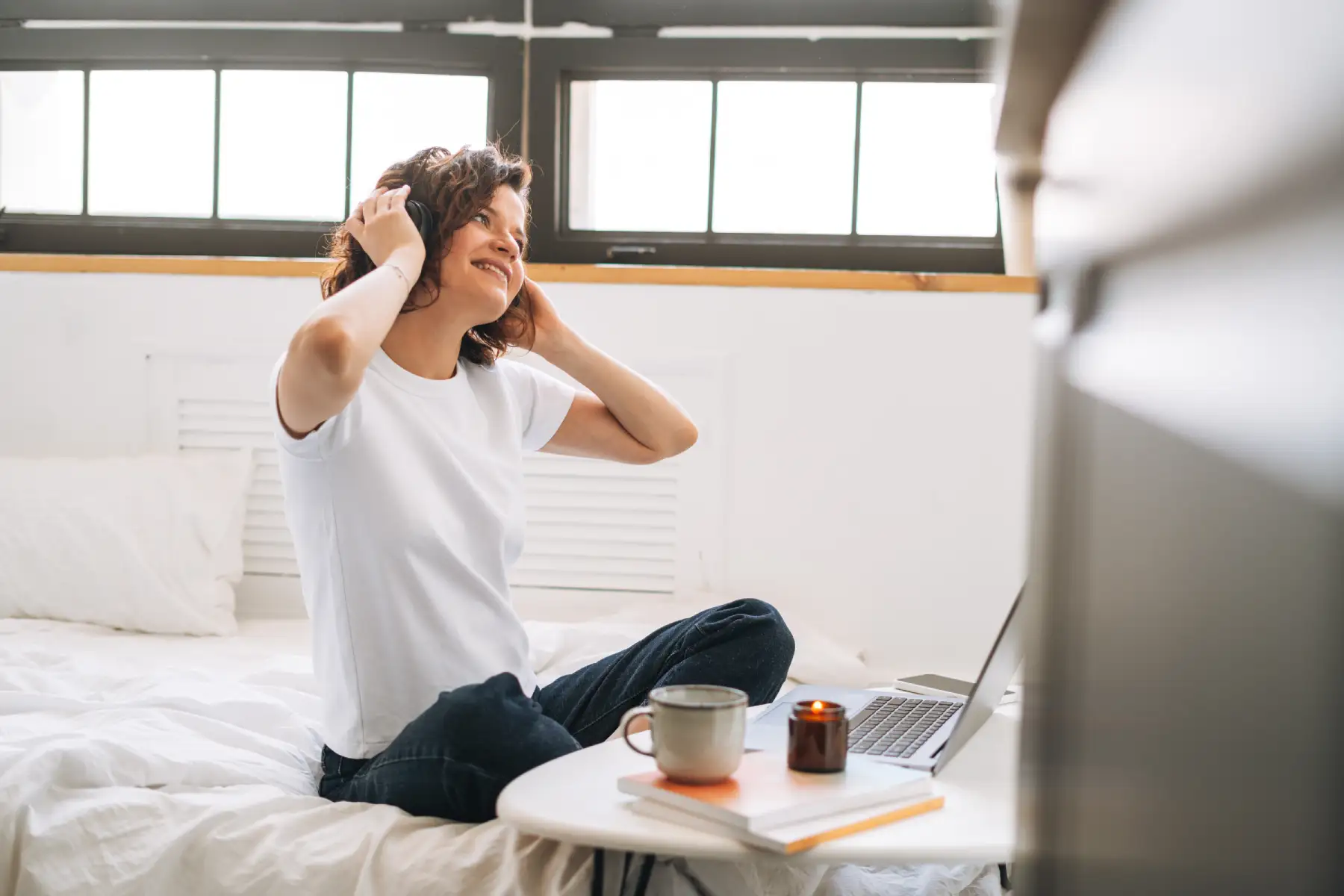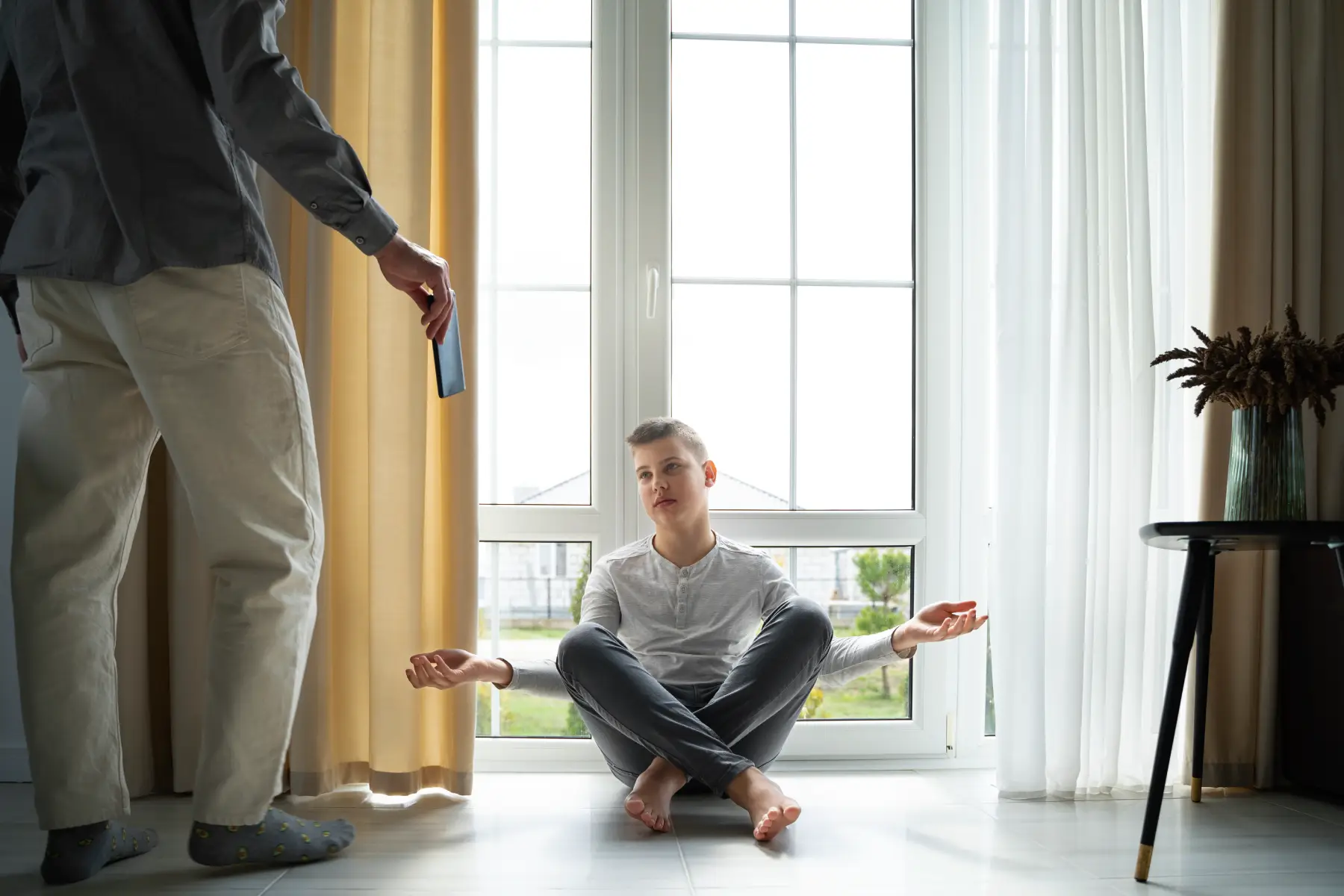Introduction to Anxiety and Lifestyle
Anxiety disorders affect millions of people worldwide, with individuals often struggling to manage symptoms such as excessive worrying, restlessness, and emotional distress. What many might overlook is the profound connection between anxiety and lifestyle choices.
From the food we eat to how we sleep and move, lifestyle habits can either exacerbate or alleviate anxiety symptoms. A sedentary lifestyle, poor diet, lack of sleep, and failure to incorporate mindful habits can all worsen mental health challenges, whereas healthy choices can empower individuals to manage anxiety and maintain emotional resilience.
This whitepaper explores the impact of key lifestyle elements on anxiety, including diet, exercise, and sleep, while discussing the importance of mindfulness practices and having a structured routine. By adopting small but significant changes, many people can improve their mental health and significantly reduce anxiety symptoms.
Impact of Diet, Exercise, and Sleep
1. Diet and Anxiety: The Role of Nutrition
What we eat has a direct effect on mental health, particularly when it comes to anxiety. A diet lacking essential nutrients can heighten feelings of worry and stress, while a balanced diet can regulate mood and improve overall well-being.
Foods That Can Worsen Anxiety:
- Caffeine: While it offers a quick energy boost, excessive caffeine consumption can lead to jitteriness, racing thoughts, and disrupted sleep—making anxiety worse.
- Refined Sugars: Foods like sweets, fizzy drinks, and processed carbs cause rapid spikes in blood sugar, which can trigger a “sugar crash,” leaving you more anxious.
- Highly Processed Foods: These are often high in unhealthy fats and low in nutrients, which can negatively affect brain health.
Foods That Help Manage Anxiety:
- Omega-3 Fatty Acids: Found in fish like salmon or walnuts, these improve brain function and mood.
- Complex Carbs: Whole grains, oats, and sweet potatoes help stabilise blood sugar levels and provide lasting energy throughout the day.
- Leafy Greens: Rich in magnesium, vegetables like spinach and kale can help reduce bodily tension and calm anxiety symptoms.
Maintaining a diet with a focus on fresh, whole foods fuels the body and mind, decreasing symptoms of anxiety and supporting emotional equilibrium.
2. Exercise and its Impact on Anxiety
Physical activity is widely recognised as one of the most beneficial tools for managing anxiety and other mental health concerns. Regular exercise releases endorphins—the body’s natural “feel-good” chemicals—to combat stress and improve mood.
The Science Behind Exercise and Anxiety Relief:
Exercise reduces cortisol levels (the stress hormone), while also promoting better sleep, increased focus, and improved self-esteem—all critical for reducing anxiety symptoms.
Types of Exercise to Reduce Anxiety:
- Aerobic exercises like jogging, cycling, or swimming.
- Low-impact workouts like yoga, pilates, and tai chi, which focus on bodily alignment and breath control.
- Even modest activities like walking in nature for 20–30 minutes daily can have a calming effect on the mind.
Regular exercise, whether vigorous or gentle, is a cornerstone of lifestyle adjustments that foster long-term management of anxiety.
3. The Vital Role of Sleep in Mental Health
Sleep deprivation is directly linked to increased levels of anxiety. Poor sleep habits interfere with the brain’s ability to regulate mood and handle stress. Chronic sleep issues may not just worsen anxiety but also lead to more serious conditions such as insomnia or depression.
Tips for Improving Sleep When Managing Anxiety:
- Maintain a consistent sleep schedule by sleeping and waking up at the same time every day.
- Create a relaxing bedtime routine that excludes screens and unnecessary stimulation at least one hour before bed.
- Consider mindfulness practices (covered below) to prepare your mind for rest.
With better sleep hygiene, individuals can improve their tolerance for stressors, regulate emotions effectively, and create a better foundation for managing anxiety.
Mindfulness Practices
Mindfulness is a scientifically supported technique that encourages an individual to stay present and engaged with the current moment, helping to regulate emotions and manage anxiety symptoms. Incorporating mindfulness into everyday life can be transformative for mental health.
Benefits of Mindfulness for Anxiety
- Reduces overthinking by helping individuals focus on the here and now.
- Enhances self-awareness and promotes acceptance of emotions without judgement.
- Activates the parasympathetic nervous system, which generates a state of calm and relaxation.
Easy Mindfulness Techniques to Try
- Breathing Exercises: These can be done anywhere and involve focusing on the breath, taking deep and slow inhalations and exhalations to calm the body.
- Body Scan Meditation: This involves mentally “scanning” each part of the body, paying attention to tension and consciously relaxing each area.
- Mindful Walking: Simply focusing on each step and how it feels—along with observing the surrounding sights and sounds—helps anchor yourself to the moment.
By adopting such practices, individuals can reset their mental state, lowering anxiety levels and building emotional resilience over time.
The Importance of Routine
A chaotic or unstructured lifestyle can contribute to increased anxiety. Having a routine, on the other hand, helps bring a sense of order, predictability, and calm that can counteract emotional instability.
Why Routine Matters for Managing Anxiety
- Reduces Uncertainty: Knowing what to expect gives the mind fewer stressors to focus on.
- Boosts Productivity and Confidence: A structured day minimises procrastination and self-doubt by providing clarity about daily tasks and priorities.
- Promotes Consistency in Healthy Habits: Regular time slots for meals, exercise, and relaxation training ensure that self-care remains a priority.
How to Establish a Supportive Routine
- Start small by creating a morning or bedtime routine focused on self-care activities.
- Use calendars, planners, or apps to break big tasks into smaller, achievable steps.
- Stay flexible and evaluate what works best for your mental well-being to avoid unnecessary pressure.
Establishing even simple routines is an effective way to regain control, reduce anxiety, and build stability in your daily life.
Conclusion
Anxiety is closely intertwined with the choices we make in our daily lives. By focusing on healthy lifestyle adjustments—such as eating balanced meals, exercising regularly, ensuring quality sleep, practising mindfulness, and maintaining a structured routine—individuals can significantly improve their ability to manage anxiety.
Adopting these healthy habits for anxiety doesn’t require perfection but rather consistency over time. Small, intentional steps can lead to meaningful changes in mental health and overall quality of life.
For those experiencing heightened symptoms or difficulty coping, integrating these habits alongside professional mental health support can provide the most comprehensive solution. Anxiety is manageable, and by prioritising lifestyle choices, recovery and resilience are well within reach.










